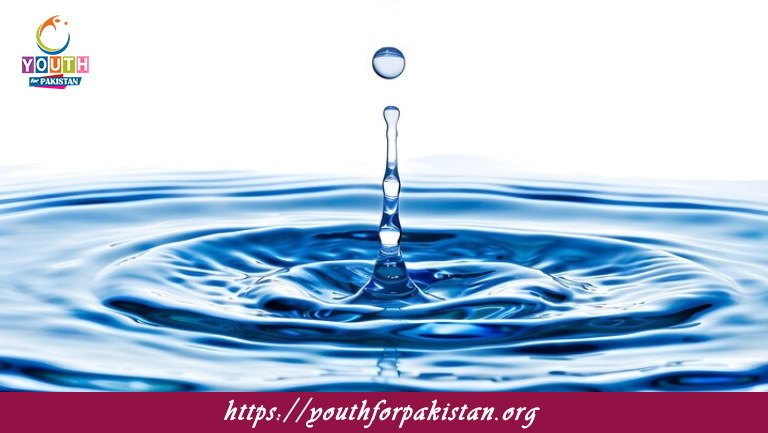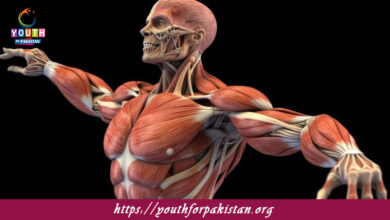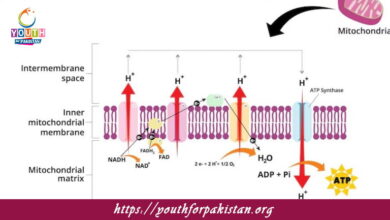Water MDCAT Quiz with Answers

Water MDCAT Quiz; Water is a critical biological molecule that covers approximately 70% of the Earth’s surface and constitutes a large portion of all living organisms. Its unique properties make it necessary for life to be sustained and various biological processes to occur. It is especially important for MDCAT students to know the role water plays within cells, metabolism, and homeostasis.
Importance of Water in Biological Systems
Water is a polar molecule, having both a positive and a negative end, enabling it to form hydrogen bonds. This unique structure gives rise to several important properties, making water essential for life:
Solvent Properties: Water is often called the “universal solvent” because it can dissolve many types of substances, particularly ionic and polar molecules. This property makes water an indispensable medium for transporting nutrients, gases, and waste products in biological systems.
Temperature Regulation: Water has a high specific heat capacity; it can absorb and release large amounts of heat without significant changes in temperature. This helps organisms maintain a stable internal environment, even in fluctuating external conditions, contributing to homeostasis.
Cohesion and Adhesion: Water molecules exhibit cohesion (the attraction between water molecules) and adhesion (the attraction between water molecules and other substances). These properties are important for processes such as capillary action, which helps transport water in plants, and fluidity in biological systems.
Chemical Reactions: Water is directly involved in many biochemical reactions, including hydrolysis (breaking down molecules with water) and condensation (forming molecules by removing water). These reactions are essential for the breakdown and synthesis of macromolecules like proteins, lipids, and carbohydrates.
Role of Water in Metabolism
Water participates in various metabolic processes such as digestion, circulation, and temperature regulation. For instance, in hydrolysis, it is involved in the breakdown of food into absorbable units and, likewise, in excretion, metabolic wastes are eliminated. Water also plays a key role in maintaining osmotic balance, ensuring that cells do not swell or shrink due to differences in water concentration.
Try an MDCAT Quiz on Water
MDCAT Quizzes on Water test knowledge concerning its properties and biological processes as well as the importance of this substance for life forms. Key aspects include its character as a solvent, cohesion and adhesion, and its roles in the organism’s homeostasis. You may be confident when answering MDCAT questions relating to the function of water within biological systems due to constant practicing with such a quiz.
Flashcards—Free for Quick Revision
Flashcards on water will highlight the unique properties that make it one of life’s essential resources, such as hydrogen bonding, its power as a solvent, and role in temperature regulation. These flashcards serve best for quick revisions of basic ideas and as tools for reinforcing understanding of the main function water plays in life processes.
Mastering the topic of Water is essential for understanding many biochemical and physiological functions. Use our quizzes and flashcards to shore up your knowledge and sharpen your MDCAT preparation!

Which of the following is a property of water that allows it to move through plants?
Capillary action

What is the reason that water has a high boiling point compared to other molecules of similar size?
Hydrogen bonding

The heat of vaporization of water is high because it requires a large amount of energy to ____.
Break hydrogen bonds
Experience the real exam environment with our expertly designed collection of over 25,000 MCQs MDCAT Mock Tests.





